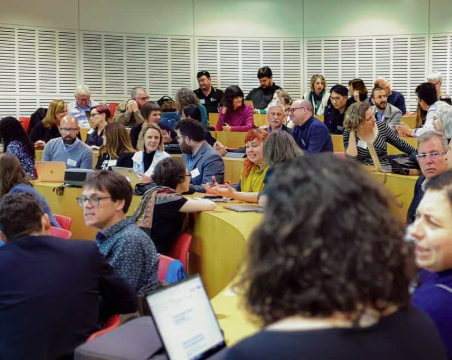In today’s online learning and remote work environment, strong digital research skills are more important than ever. Whether you’re a student, professional, or lifelong learner, knowing how to find credible information efficiently can make a big difference. Here are simple ways to enhance your digital research abilities.
1. Start with Clear Questions
Good research begins with a clear purpose. Define what you want to know. Break big topics into smaller, specific questions to guide your search effectively.
2. Use Trusted Sources
Look for information from reputable websites, academic journals, government publications, and educational institutions. Sites that end in .edu, .gov, or .org often provide reliable content.
3. Learn to Use Search Engines Smarter
Use quotation marks for exact phrases, minus signs to exclude words, and keywords to narrow your results. For example, searching "online learning" -advertisement helps filter your findings.
4. Evaluate Information Critically
Check the date, author, and website domain. Ask if the content is objective, well-sourced, and updated. Compare information from multiple sources to avoid bias.
5. Organize What You Find
Use digital tools like bookmarks, cloud notes, or research management apps to save and organize your findings. Keeping notes will help you summarize and use information efficiently.
6. Practice Ethical Research
Always give credit when using someone else’s work. Learning the basics of citation builds academic honesty and shows respect for original ideas.
7. Stay Curious and Keep Practicing
The more you research, the better you’ll get. Challenge yourself with new topics and take notes on your process to refine your methods.
Conclusion
Improving your digital research skills takes time, but with practice, anyone can become a confident and efficient online researcher. These abilities not only help with school and work—they also support lifelong learning and informed decision-making in daily life.


